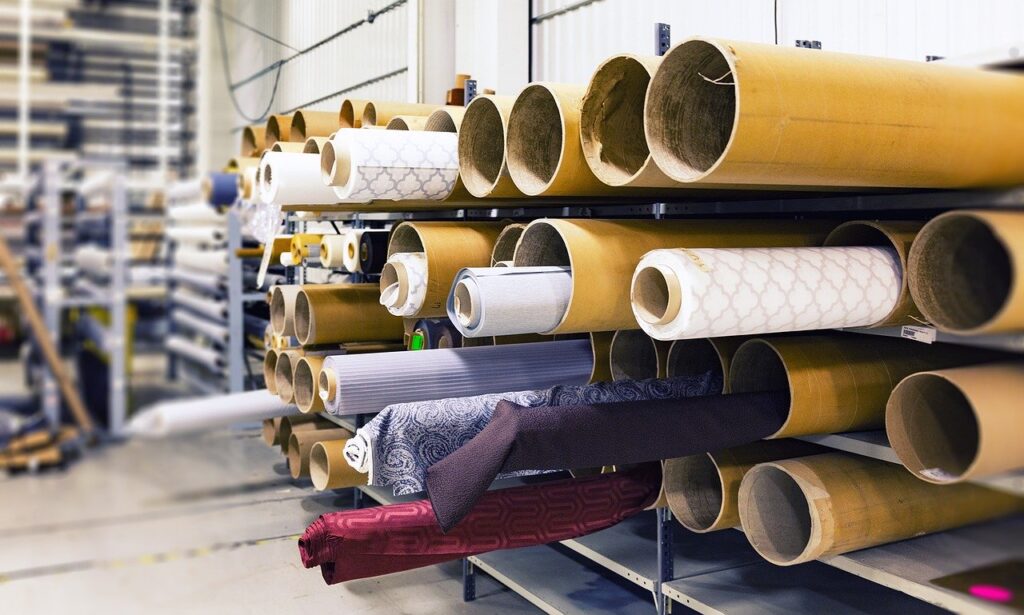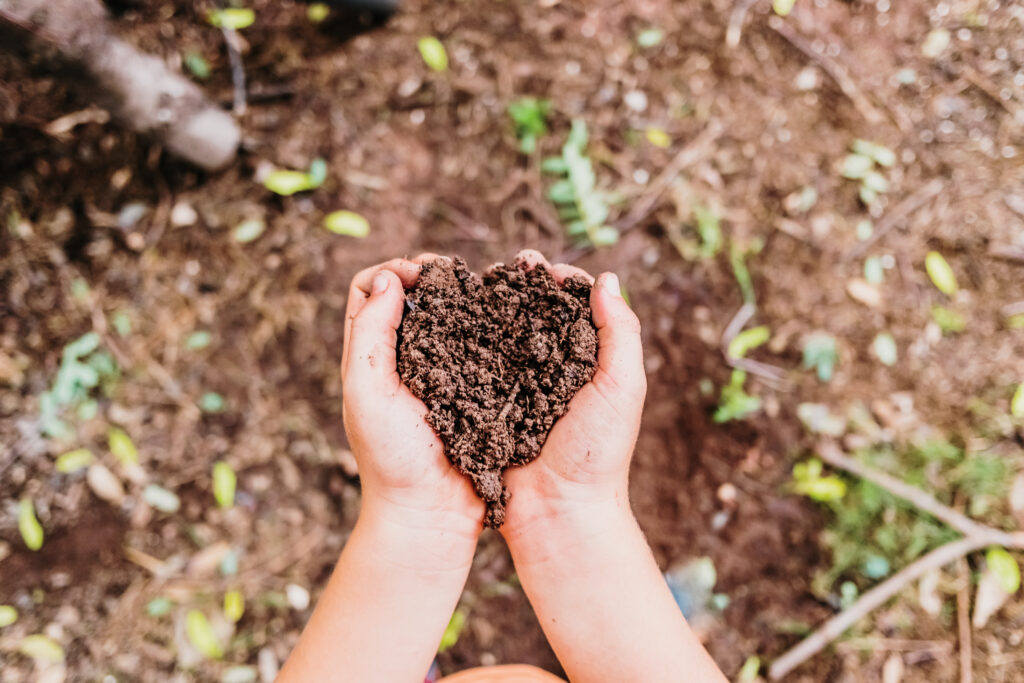Virtually no economic sector has avoided the profoundly negative impacts of the global novel coronavirus pandemic, and the hemp textiles industry is no exception. As supply chains and consumer shopping habits are turned upside-down due to the crisis, nearly every industry — hemp textiles included — has turned upside-down as well.
However, despite the current climate, it’s important to begin looking at opportunities on the other side of the globe’s grand reopening. Alongside many potential concerns for the hemp textile industry are emerging opportunities that manufacturers and retailers can prepare for now. But to get there, let’s break down how the crisis is impacting the industry now, so the greater textiles industry can be fully prepared for later.
How is COVID-19 impacting the textile supply chain?
As with almost all items produced outside the U.S., hemp textiles have experienced supply chain issues due to the COVID-19 pandemic. These supply chain disruptions stem from challenges with:
- Manufacturing: Many of China’s factories closed when the country went into lockdown during the early days of the COVID-19 pandemic. At that time, COVID-19 had not yet spread throughout the U.S., so domestically, operations continued as normal while a major source of imports was closed for business. The converse is now true, with the U.S. under widespread stay-at-home orders and China’s lockdown reversed.
- Sourcing challenges: A significant amount of hemp fabric is sourced from China and India, a job that takes travel, relationship-building, and on-the-ground, hands-on work. (There are many sources for hemp fabric in the U.S. as well, but those sourcing challenges are different from those faced by a global supply chain.)Nearly every apparel business has canceled its employees’ work travel in line with global warnings or restrictions on international flights, so those in the textiles industry are no longer visiting factories to review samples and source fabrics.
- Short-term lack of demand: A recent survey from the International Textile Manufacturers Federation (ITMF) shows staggering drops in demand for hemp textiles. Globally, orders decreased eight percent between March 13 and 25, with another 31 percent drop occurring between March 28 and April 6. On each continent, the decrease during the second period was between two and 11 times that of the first period. This is partially due to the general slowdown in international trade and partially due to the air of uncertainty that has come with the global coronavirus pandemic.
- Potential for long-term lack of demand: Prior to the COVID-19 pandemic, the demand for sustainable products such as hemp textile fabrics grew steadily. Between 2013 and 2018, sales of sustainable products grew 29 percent, and products marketed as sustainable experienced nearly six times as much growth as non-sustainable items. However, with the COVID-19 pandemic leading to massive, unprecedented unemployment rates, consumers may have less money for – or interest in – buying new items.
- Staggered economic reopening: China reversed its lockdown while the U.S. was only partially into its stay-at-home orders. This discrepancy between two leading global hemp sources points to a larger trend: Different parts of the world are reopening their economies at different times, introducing unpredictability and further disruptions to the global supply chain.
While these disruptions to the global hemp textiles supply chain are concerning, they certainly don’t spell the end of the industry. Everything that goes down must come back up, and while the landscape is challenging now, it will certainly rebound with great vigor and success. If anything, the pandemic can actually lead to brand new opportunities that are worth exploring.

Preparing for the future: hemp textiles industry opportunities post-pandemic
Although the textiles industry as a whole is currently experiencing challenges, there are many emerging opportunities in hemp textiles post-pandemic that need some preparation now. These opportunities include:
- Ushering in the Green Reboot: Brands are planning to take greener practices more seriously than ever post-pandemic, and hemp textiles offer a perfect starting point. Hemp requires 50 percent less water to grow than cotton, for which pesticides are used that hemp doesn’t need. Remarkable opportunities exist outside the textiles industry, too, with the exploration of hemp as plastics, paper, and diesel alternatives also topping the “green reboot” list.
- Exploration of antiviral properties: As many businesses pivot to mask production to meet global surge and demand and recoup their COVID-related economic losses, many innovative companies are considering ways to weave antiviral and antimicrobial right into the fabric. Swiss company HeiQ, for example, has released the Viroblock NPJ03, a tested product that weaves antibacterial, antimicrobial, and antiviral material into the fabric of face masks and other washable and disposable products.
Hemp-derived fibers are being explored for their anti-microbial, antiviral properties, and could become a factor in developing more products as the novel coronavirus crisis rages on. - Sustainability: Fabrics sourced from naturally occurring substances rather than lab-synthesized products will continue to trend in a post-COVID world. Natural fabrics such as hemp and jute that can be grown sustainably could experience post-COVID booms, as consumer interest in eco-friendly products grows.
- Unique funding and financing opportunities: An initiative by CBD manufacturer EcoGen Labs is financially incentivizing the longtime farmer-scientist relationship. EcoGen Labs will buy back hemp seeds from farmers and task its in-house hemp geneticists with selecting the best plants for these farmers, who will still make the final call on all day-to-day growing decisions, based on farmers’ location, growth methods, and end formulation objectives. This buyback program is just one of many potential unique financing opportunities that could be available in the hemp world.

Short-term problems may precede long-term growth
Although the immediate challenges facing the hemp textiles industry due to COVID-19 are far from negligible, the long-term potential for sustainable hemp textiles growth remains high. If you’re interested in preparing now for post-COVID emerging hemp opportunities, contact Grassroots Textiles to explore your options and learn how our hemp textiles expertise can help usher your business into the rest of the decade.
